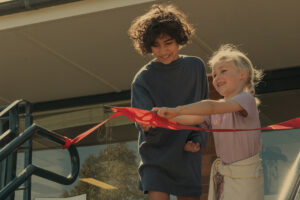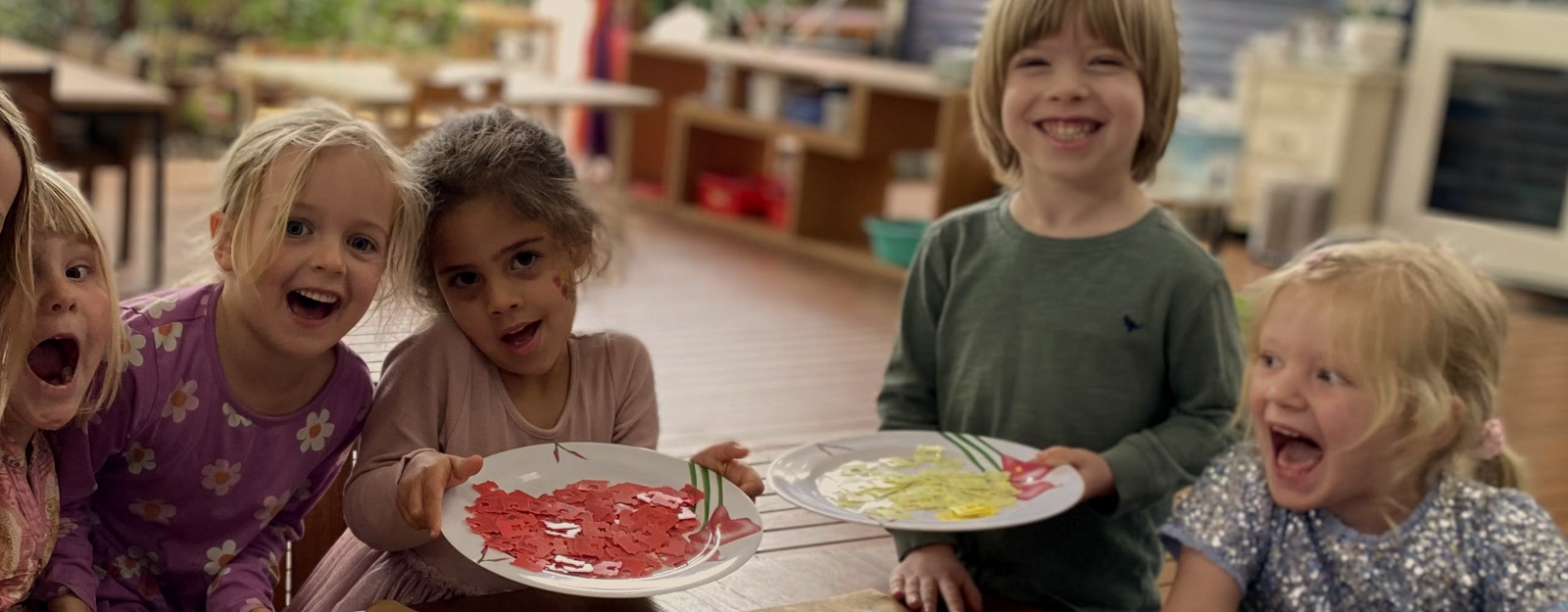2024 Newsletter Term 04 | Issue 03
- Posted by Farmhouse Montessori School
- Categories Farmhouse News
- Date November 29, 2024
Upcoming events & Important Dates
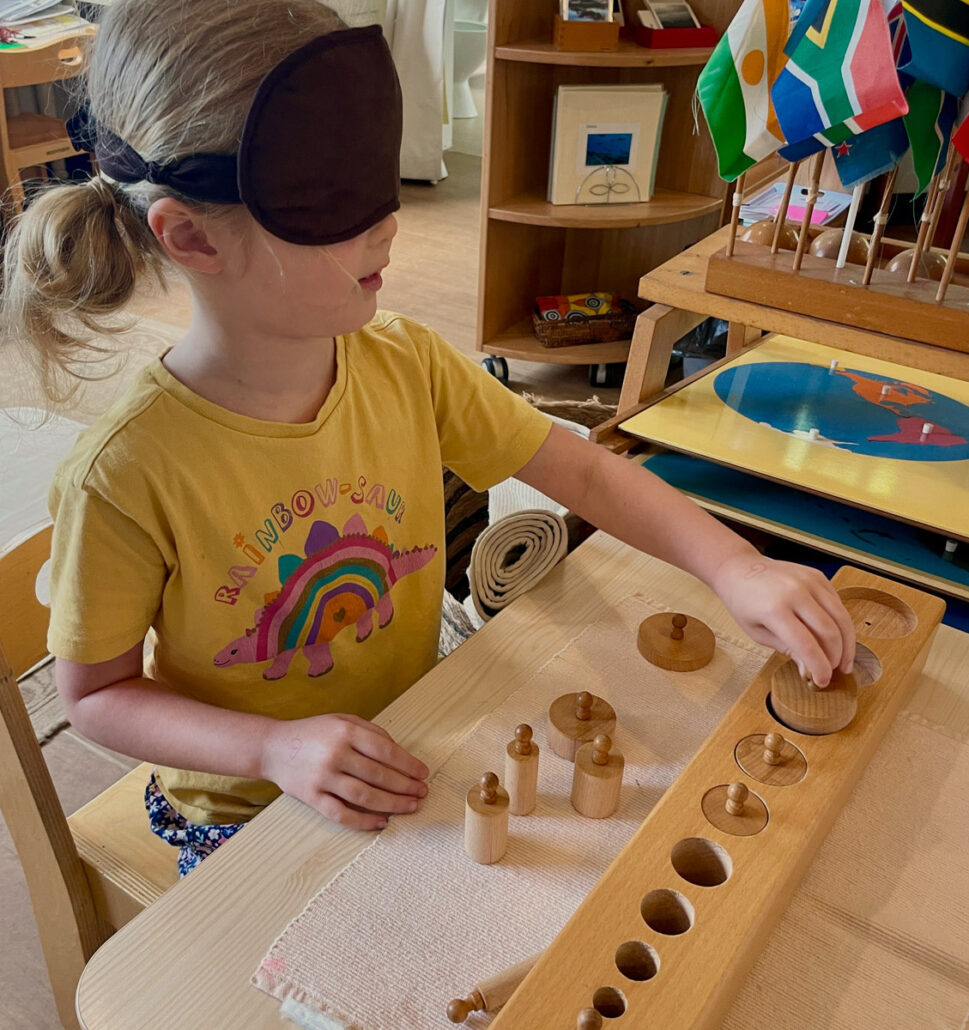
| Dec | 10th | Art Gallery & Graduation Picnic – Primary Campus |
| Dec | 11th | End of year Concert & Picnic – Preschool Campus |
| Dec | 11th | Last Day of Term |
Principal’s Message
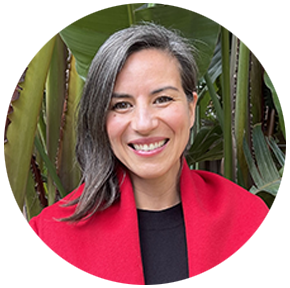 Dear Farmhouse Montessori Community,
Dear Farmhouse Montessori Community,
As the year draws closer to a close, I want to take a moment to reflect on the incredible spirit of generosity and commitment that makes our school so special. A heartfelt thank you to all our families for your generous donations to the One Meal food drive. Your contributions have been overwhelming and will make a real difference to those in need. Donations will be accepted until Tuesday, December 3, 2024, at both of our school campuses. Let’s continue to come together to support this wonderful cause.
Congratulations Toby!
I am also thrilled to share a special achievement within our school community. Congratulations to Toby Marshall, our dedicated Aikya primary teacher, on completing his Montessori training with the Montessori World Education Institute (MWEI). Toby has been an integral part of the Farmhouse Montessori School family for several years, and his hard work and passion for Montessori education are truly inspiring. Please join me in celebrating this significant milestone!
Social Skills Development
At Farmhouse Montessori, we place great emphasis on the development of conflict resolution skills, tailored to the Montessori planes of development. For our 2-6-year-olds, these skills are nurtured through practical lessons in grace, courtesy, and emotional regulation, as children begin to navigate social interactions independently. For 6-12-year-olds, the focus shifts toward understanding group dynamics, resolving disputes collaboratively, and building empathy through dialogue. At our primary school, we are fostering these essential life skills through Barbara Porro’s “Talk It Out” program, which equips students with tools to manage conflicts constructively. This initiative is complemented by our ongoing Peer Support Program, developed in partnership with Peer Support Australia. Together, these programs empower our students to communicate effectively, strengthen relationships, and build a harmonious community.
Save the Date
I look forward to seeing you at our end of year celebrations.
Primary School Campus: Tuesday, December 10th, 1:45 pm
Preschool Campus: Wednesday, December 11th, 11:30 am
Alia James | Principal
PRIMARY SCHOOL COORDINATOR’S MESSAGE
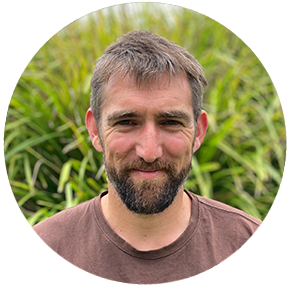
Dear Families,
Talk it Out: Building Conflict Resolution Skills
Since we introduced the Talk it Out lessons during the first few weeks of Term 4, several parents have shared how their children are using “I” messages at home to express their feelings after disagreements. It’s been wonderful to see these lessons not only helping at school but also making a positive impact at home.
So I thought I’d share a little more about the Talk it Out program with you. The lessons took place over five days, and today I’ll focus on the first three.
Day 1: Exploring Options
We began by discussing what we can do when we have a disagreement:
- Fight it out.
- Ignore the problem.
- Talk it out.
The children quickly saw that Talk it Out is usually the best choice in most situations. We also discussed when it’s appropriate to step away and seek adult help.
Day 2: Cooling Off
Before we can solve a disagreement, we need to cool down from any frustration or anger. We talked about how these feelings are natural and useful because they alert us to problems, but they can get in the way of solving them.
The children shared their favorite strategies for cooling off, such as:
- Taking deep breaths in the shade.
- Having a drink of water.
- Walking in another area of the playground.
Day 3: Using “I” Messages
Once we’ve cooled off, it’s time to talk. We introduced “I” messages as a way to express feelings without blaming the other person. Through some funny role-playing, we showed the difference between “You” messages, which are more threatening and accuatory, and “I” messages, which are focused on sharing feelings.
The formula we practiced for “I” messages is:
I feel (…) when you (specific behavior) because (how it affects me).
For example:
I felt scared and hurt when you pushed me on the playground because I fell and grazed my palms.
Getting to the end of step 3 is an enormous achievement for the children and really takes the sizzle out of a conflict, especially as their listening skills develop which is step four.
This is where I’ll leave it for today. We look forward to sharing step four and five, and how we continue to practice these skills in a future newsletter.
If you have any questions about Talk it Out please reach out to us.
Kind regards,
Chris Deery | Primary School Coordinator
ELOUERA | Stage 1 Infant Community
Transition from Solitary play to Cooperative Play
When children first start, there is more solitary play, happily working on an activity on their own, and with minimal interaction with others.
We often explain that children are still in a stage of independent play, where their brains aren’t quite ready for extensive social interaction.
However, as everyone nears 3 years old and has been together since the beginning of the year, children are starting to develop friendships and seek out opportunities to work and play with others.
As children grow, they typically progress through different stages of play, moving from independent play to more social forms of interaction. As children learn how to interact and take turns.
Cooperative play helps children develop essential social and emotional skills that will benefit them throughout their lives.
— Corinne, Anniebelle, Nina, Sarah.
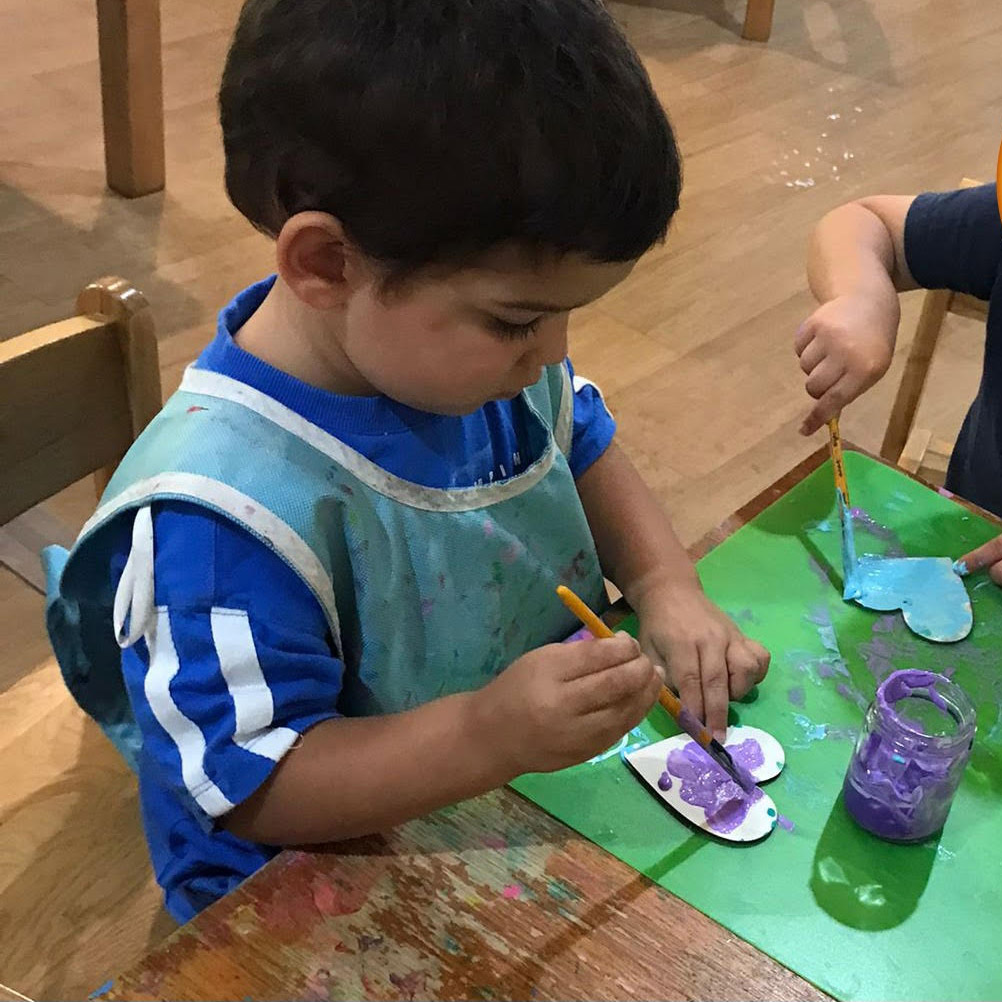
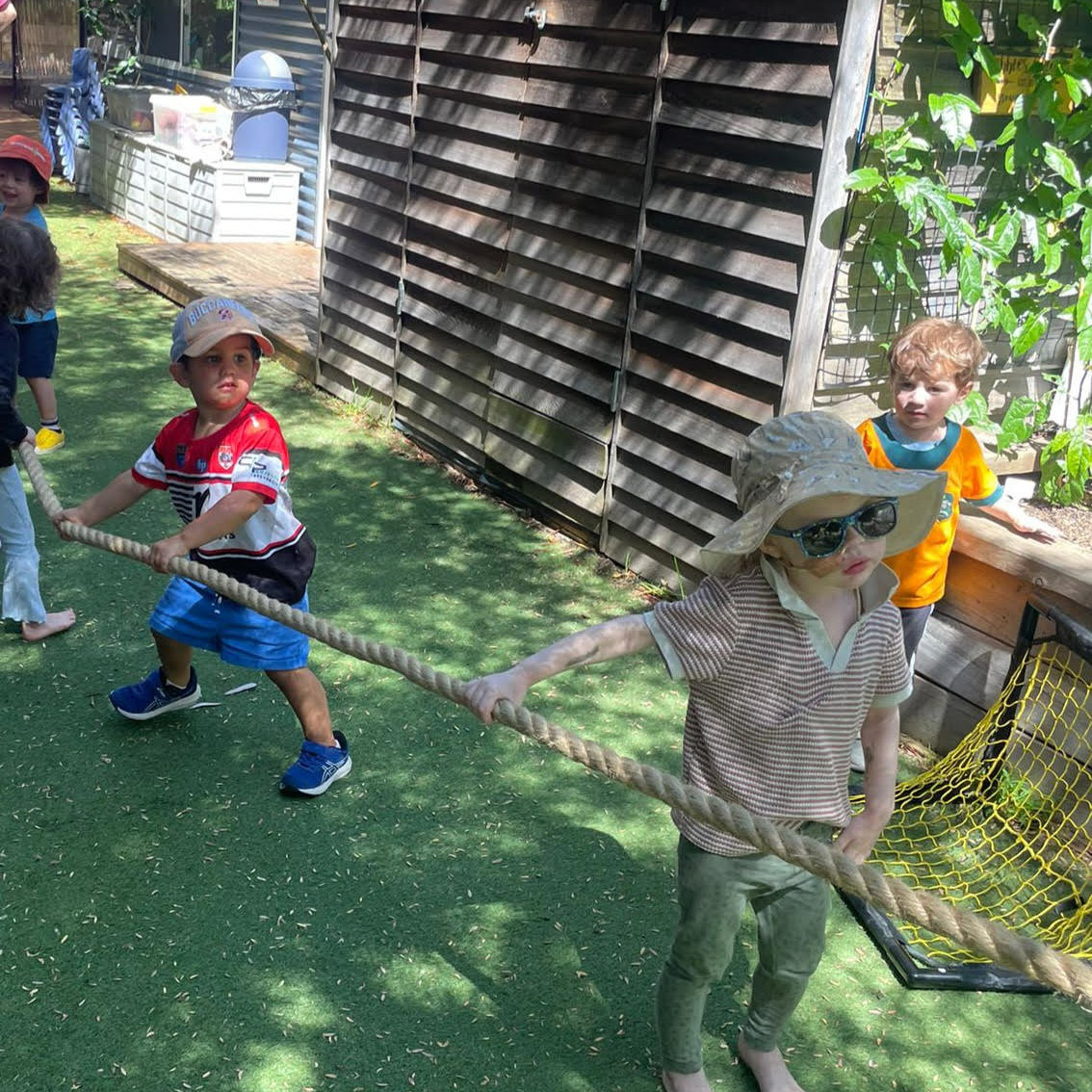
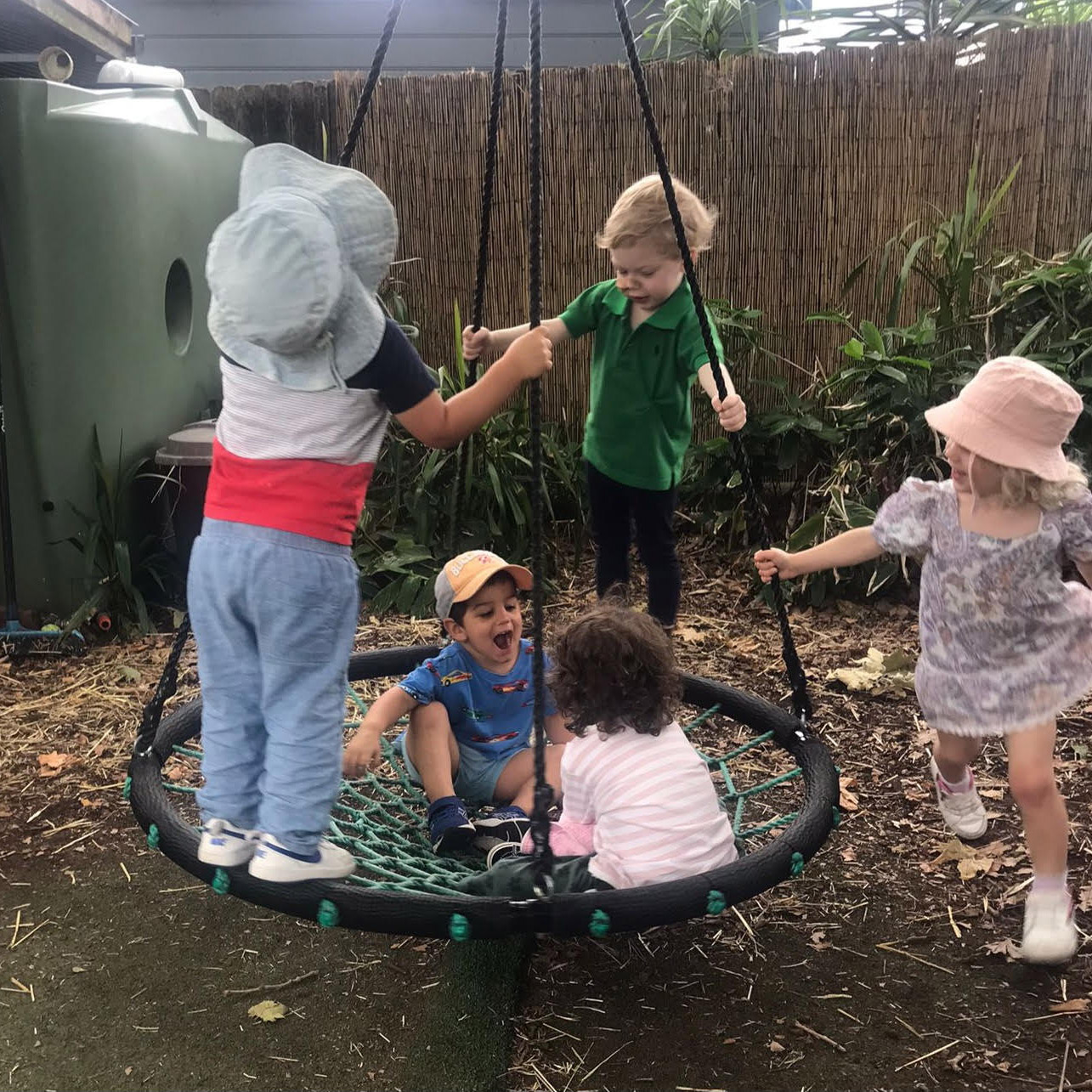
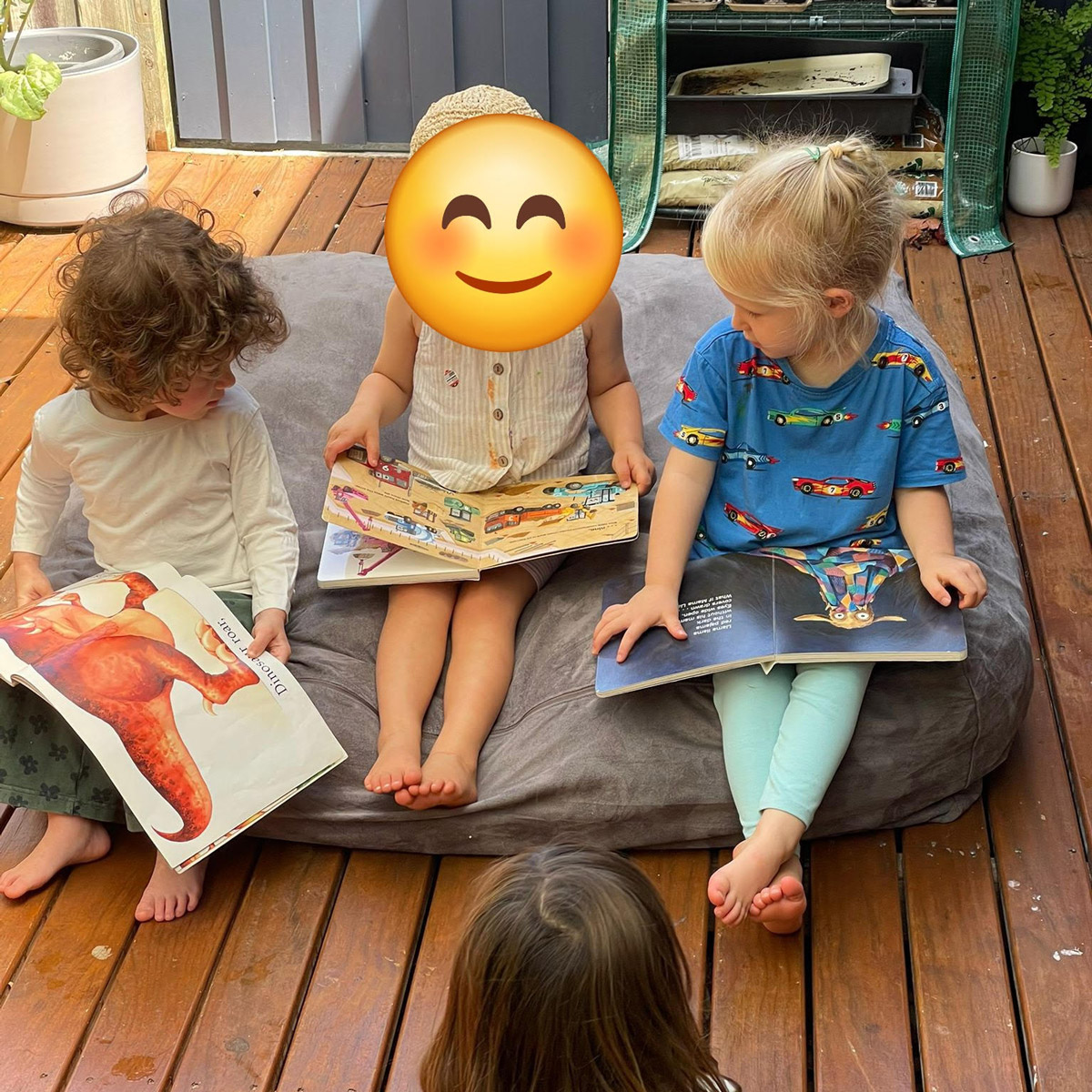
BURBANGANA | Stage 1
This past fortnight, our class was excited as we welcomed Henry’s dad (John) who is an accomplished triathlete. He transformed our deck into a mini triathlon expo by bringing in his triathlon bike, helmet, wetsuit, goggles, swimming cap, and cycling shoes. The children were fascinated by his racing bibs and the impressive array of medals he has won over the years.
He shared stories about his races, some of which can take over nine hours to complete! The children learned that he trains every day (sometimes even twice a day) and works with a coach who gives him specific goals to focus on. Visual images displayed on the large screen brought his experiences to life, capturing moments from his races like crossing the finish line and getting high-5’s from Henry on the sidelines. The visit sparked curiosity in the children and was a wonderful way to round off our recent work on road and bike safety.
We believe that community engagement greatly enriches our educational environment. Parent visits like this one provide invaluable real-world connections that enhance our curriculum. By sharing their experiences and passions, parents help broaden the children’s horizons and inspire them in new and exciting ways.
Kindly yours,
– Vanessa, Teresa and Katherine.
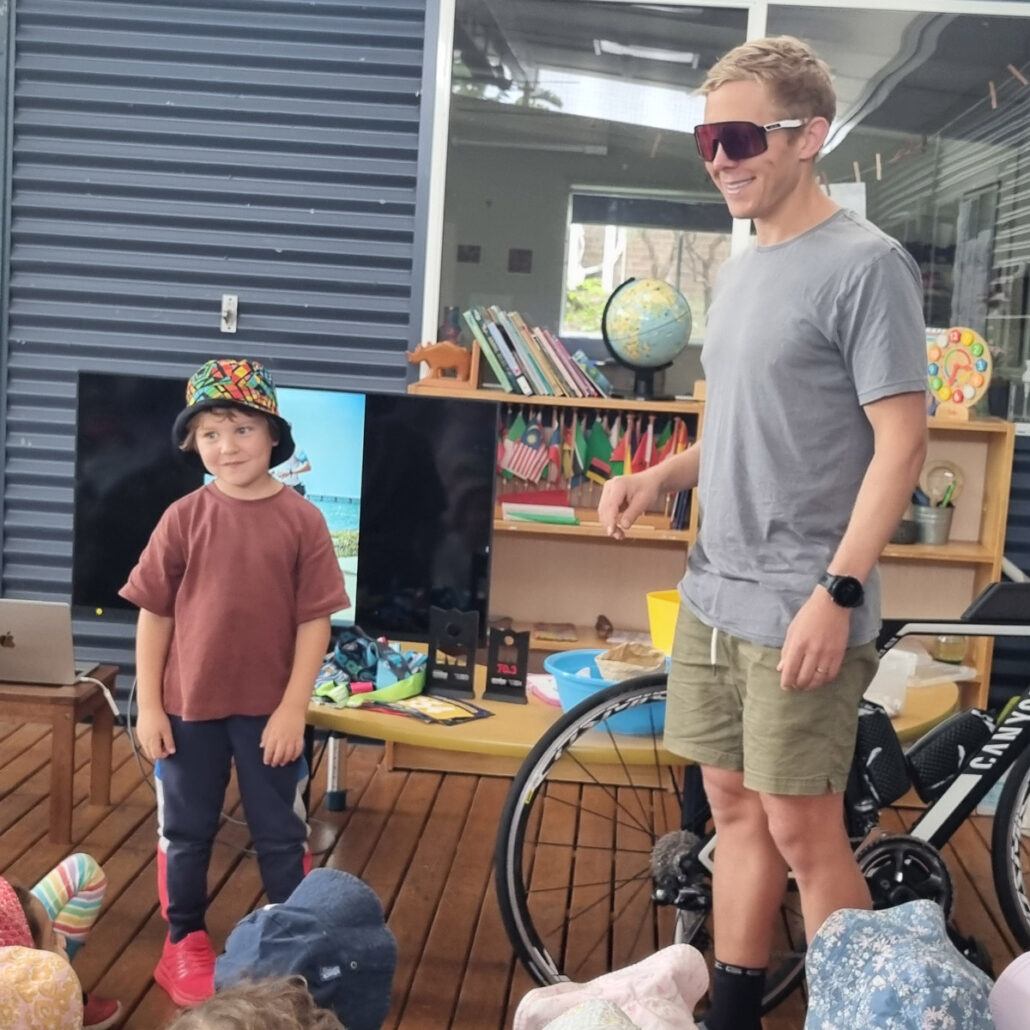
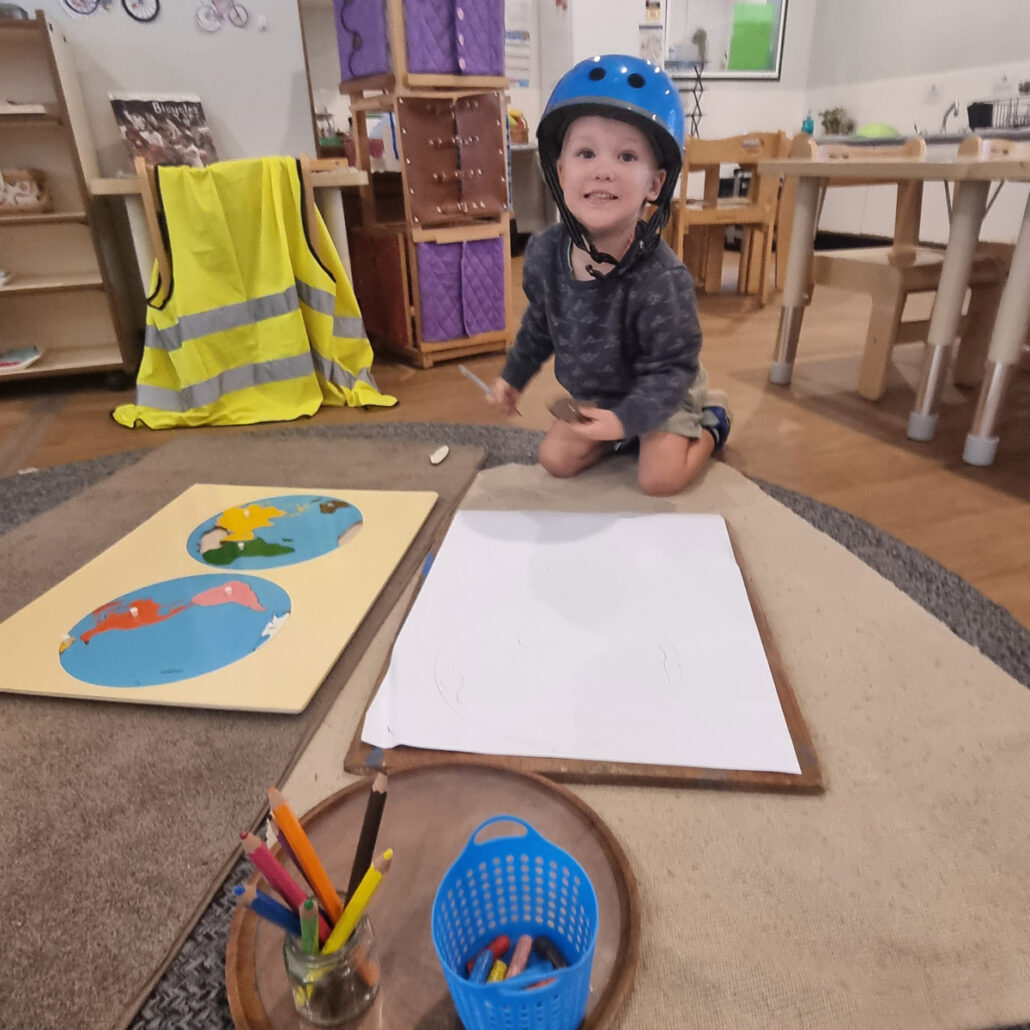
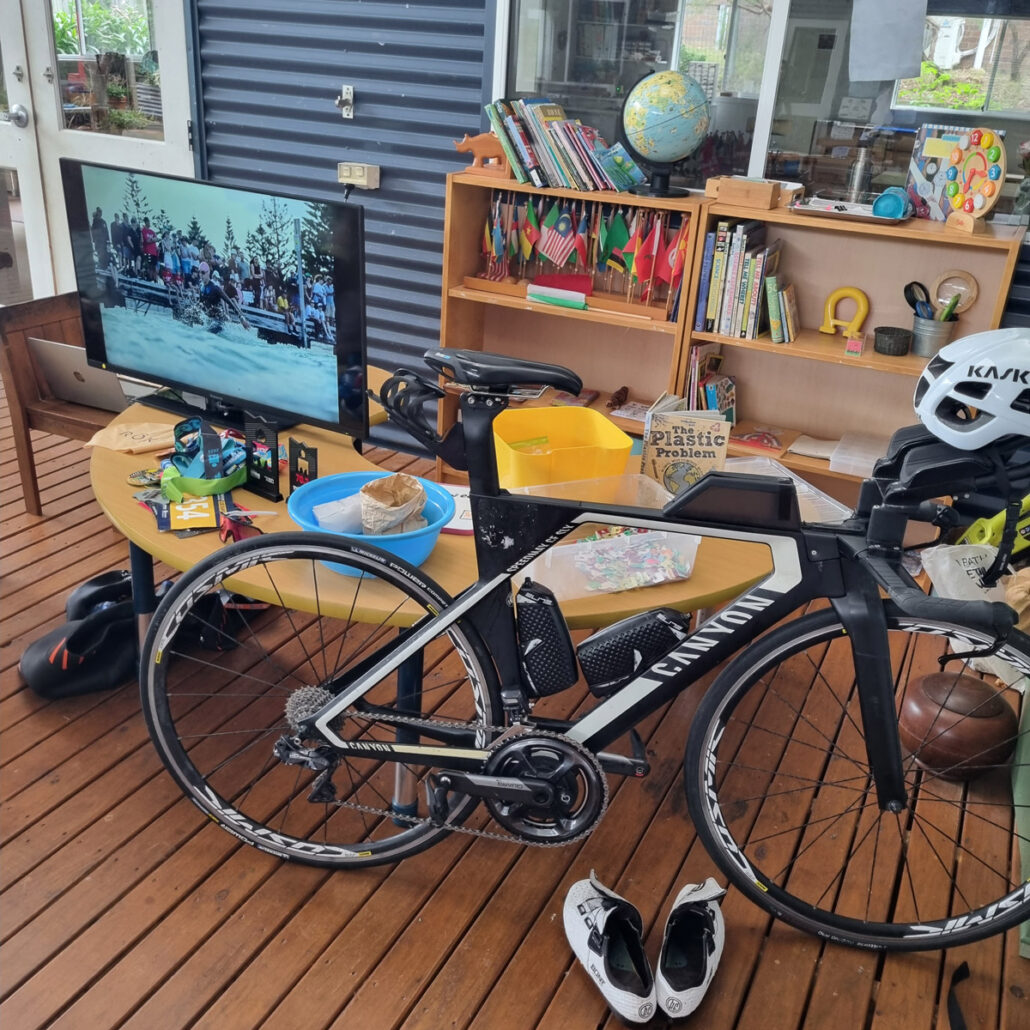
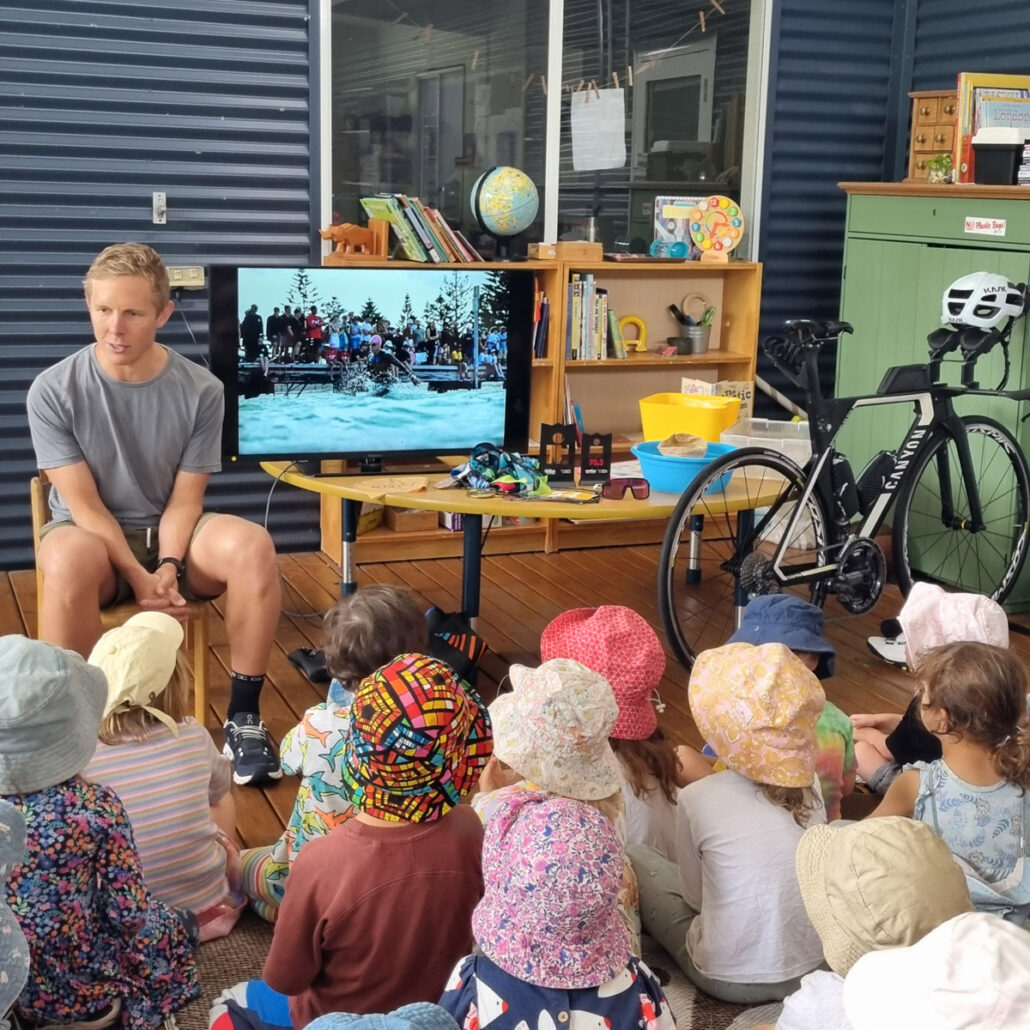
COOINDA | Stage 1
During this term, the Cooinda children have thoroughly enjoyed exploring sensorial materials, which play a vital role in the development and refinement of their senses. It has been wonderful to observe how older children reconnected with activities they had previously mastered, this time isolating a specific sense to absorb and deepen their understanding of the abstract concepts behind the material.
One particularly engaging aspect of this exploration was the use of a blindfold, which encouraged children to rely on and heighten their other senses, such as touch, smell, and hearing. This approach not only enriched their sensory experiences but also fostered concentration, problem-solving skills, and the ability to work with greater focus and precision.
By engaging with these materials, the children developed critical thinking skills, enhanced their fine motor abilities, and cultivated a greater awareness of their surroundings.
—Jo, Catalina, Rachel, Yuko and Claire.
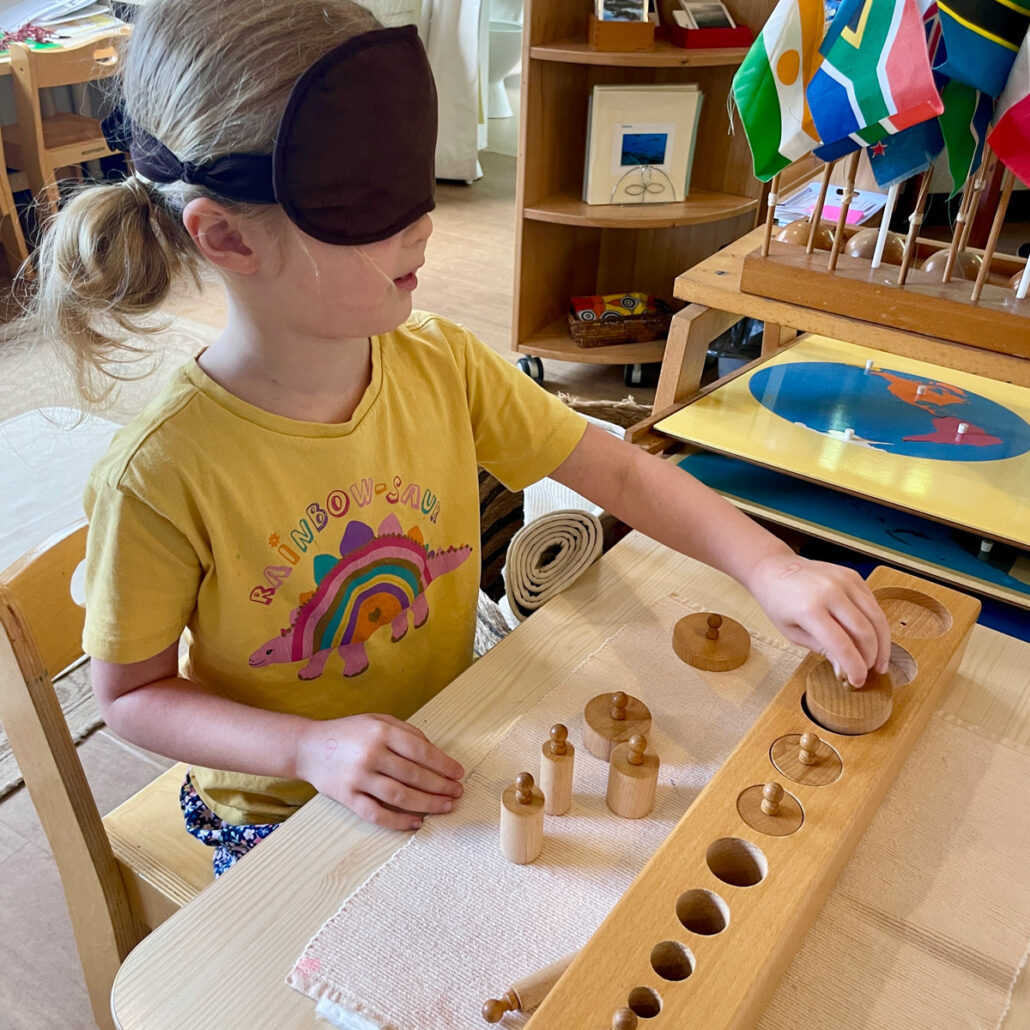
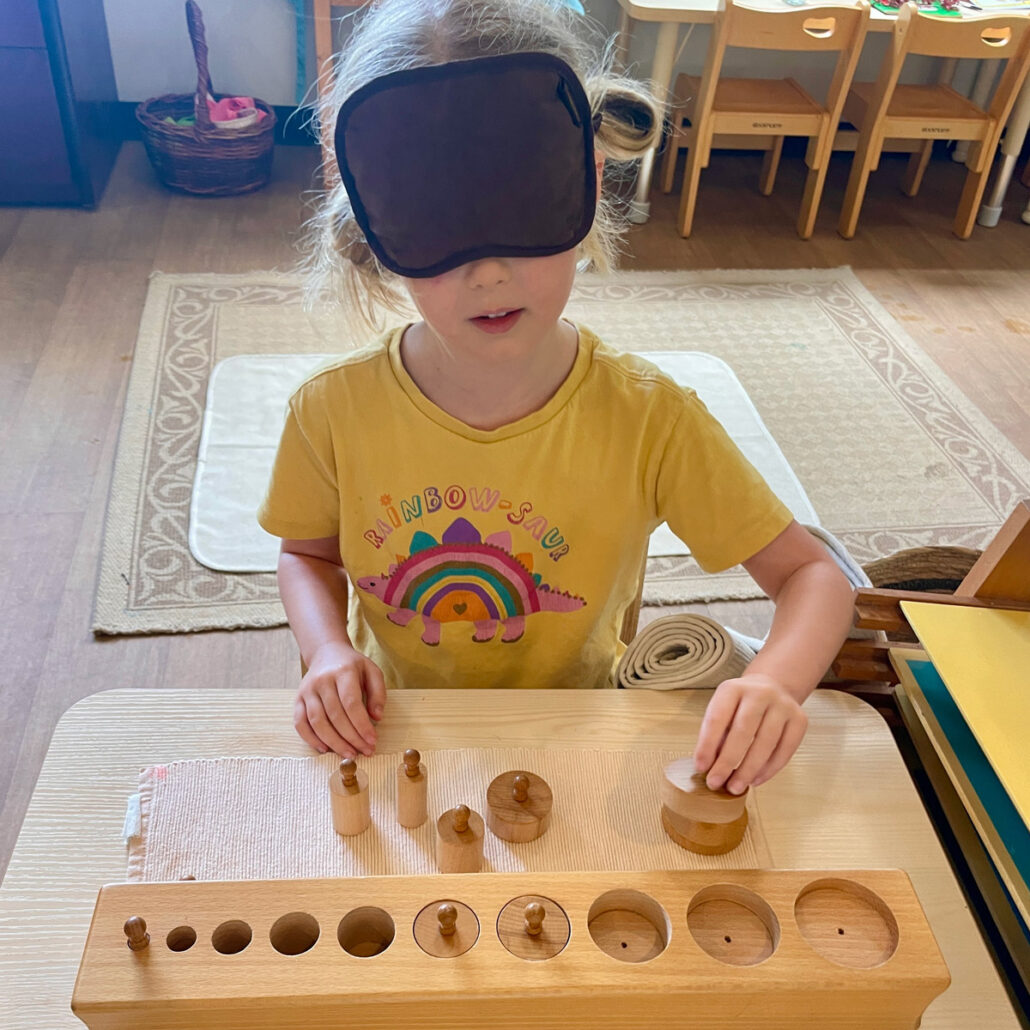
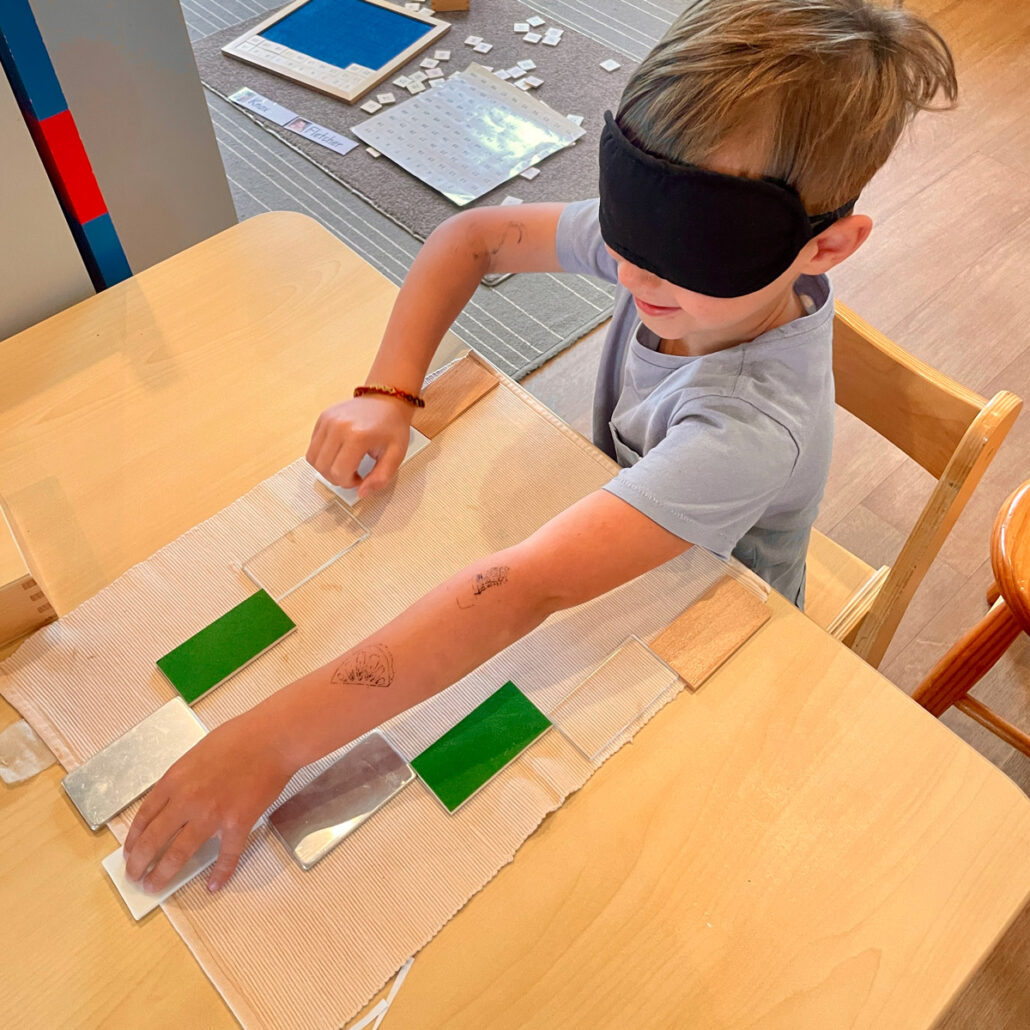
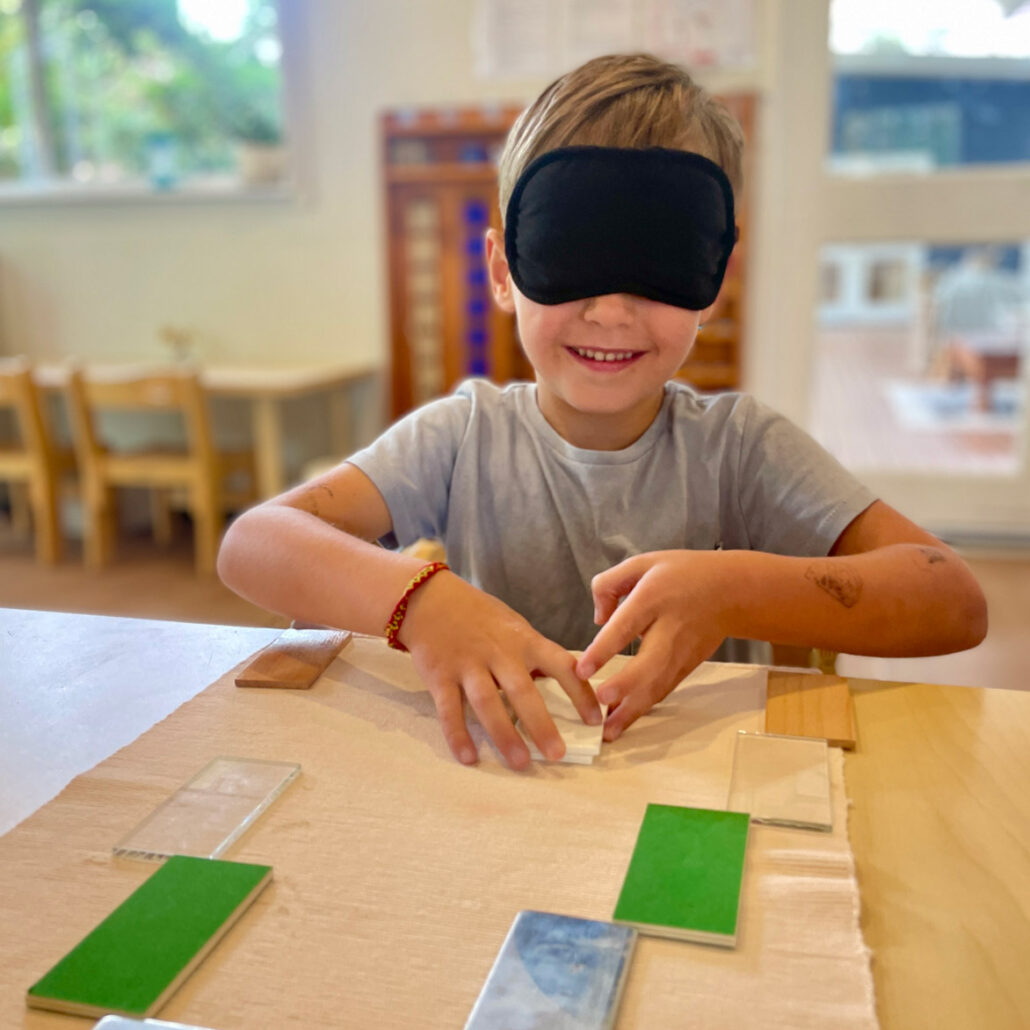
AMAROO | OUTDOOR CLASSROOM
Our little eco warriors have been hard at work sorting the bread tags they have collected throughout the year to save them from landfill. We sorted them by colour before posting them to bread tags for wheels chairs in SA. The children were so proud of the contributions they had made and that these little pieces of plastic could be sold and turned into beautiful breadboards the same as the one we use at school!
—Dawn.
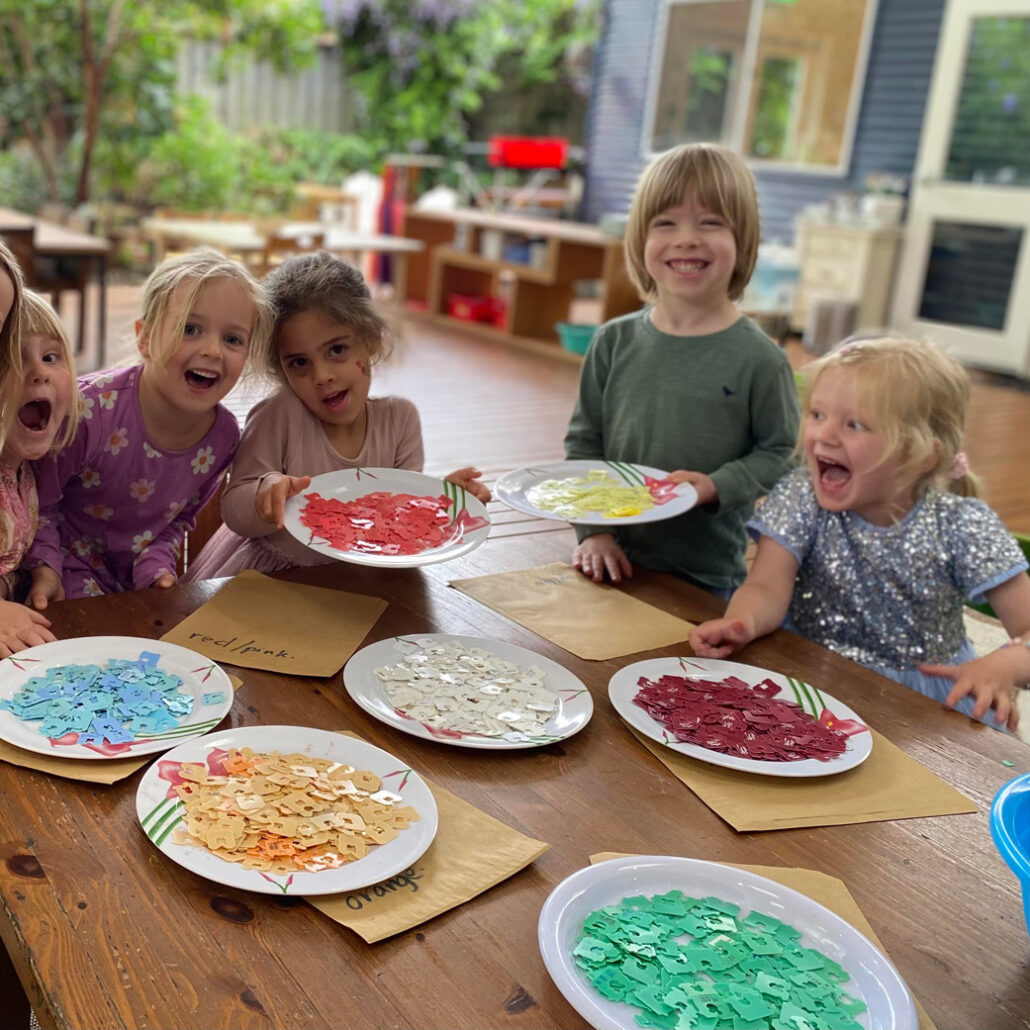
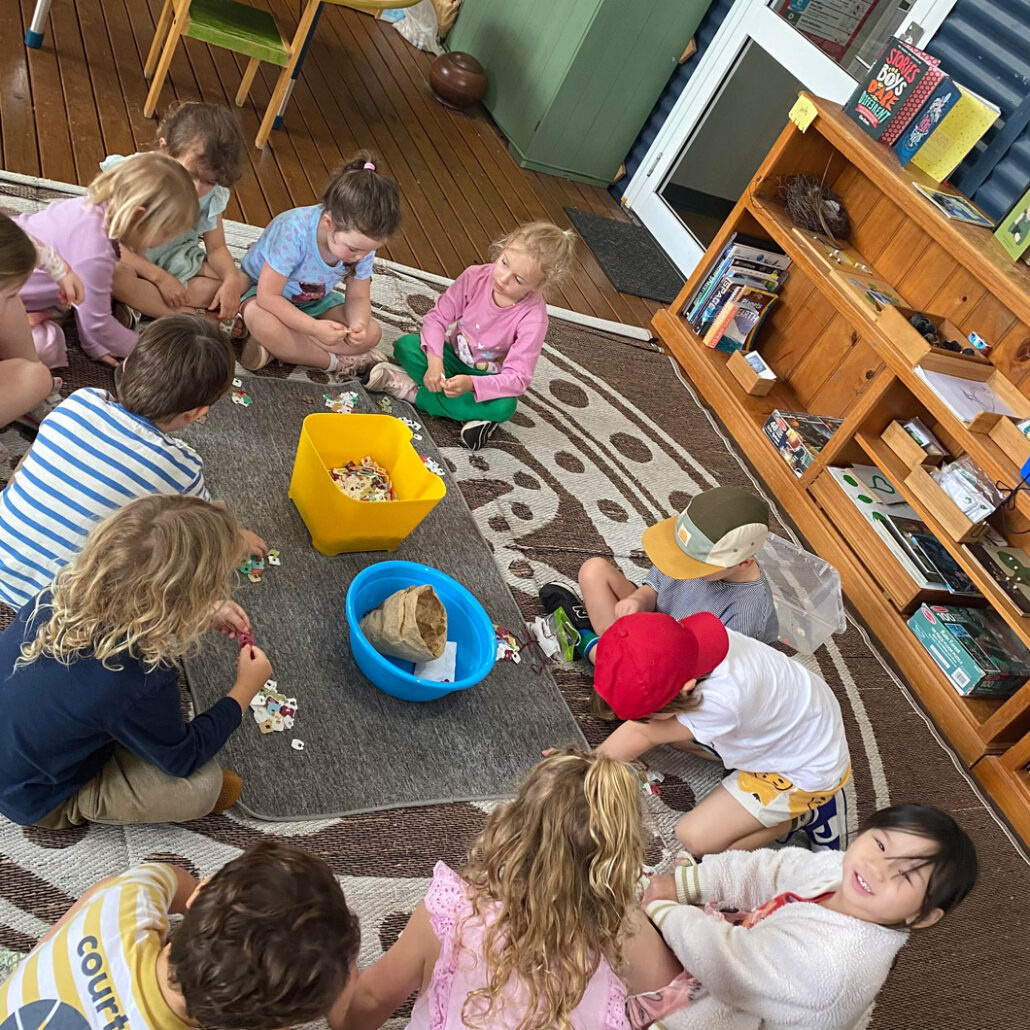
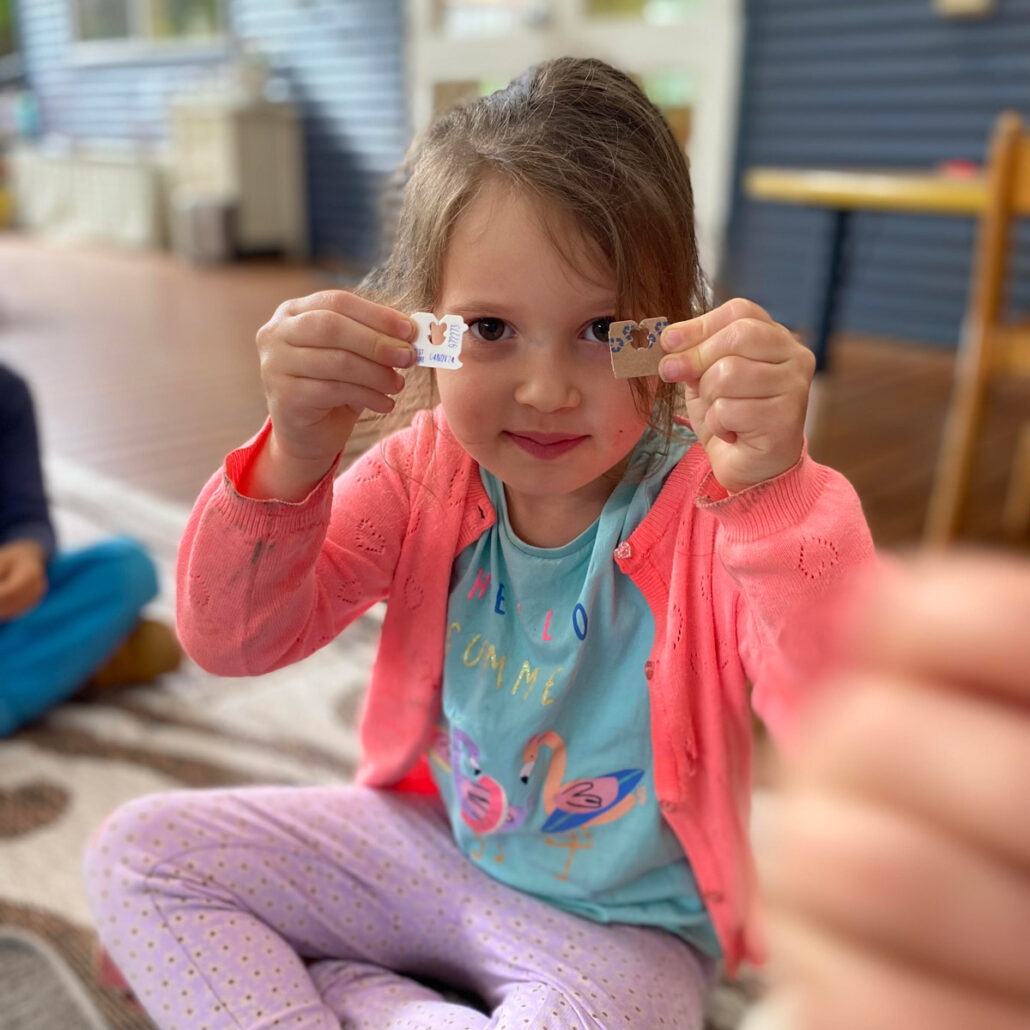
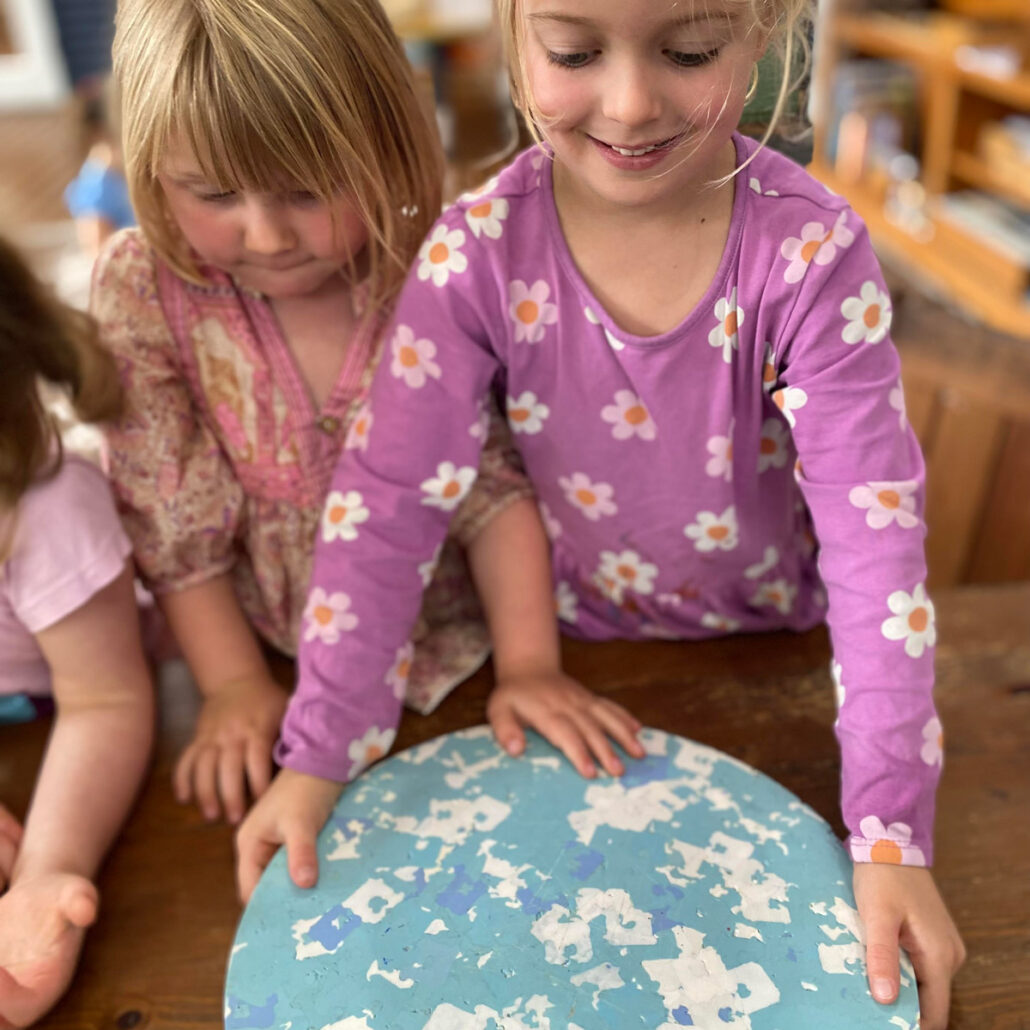
AIKYA | Stage 2
Hello all, it is a joy to share the highlights from the Aikya classroom at North Head Sanctuary.
Building Skills Through Sport
The children have enthusiastically engaged in our weekly sports activities this term. Skipping has taken centre stage as they refine their coordination and rhythm, with many proudly mastering new moves, stamina, and precision. Alongside this, hand-eye coordination games and teamwork exercises have strengthened their physical abilities and confidence in working collaboratively. These sessions are a wonderful reminder of the joy in movement and the growth it fosters in mind and body alike.
A Growing Cultural Spirit
Our classroom community has flourished as the children increasingly own their shared space. Morning circles have become a ritual, with students running the sessions independently. They confidently take attendance, practise skip counting exercises, and demonstrate grace and courtesy towards one another.
This culture of self-directed leadership extends to our weekly community meetings and celebration of learning circles, where students discuss ideas, reflect on their week, and share achievements. The ability to lead and listen, as taught through Montessori principles, blossoms beautifully within the community.
Exploring Australia Through Its Flags
One particularly inspiring work has been the exploration of Australia’s states and territories through their flags. The children have been captivated by the symbolism and history behind each design, sparking discussions about our nation’s diversity and heritage. This activity has encouraged a deeper appreciation of each state and territory’s cultural and geographical uniqueness.
Montessori Handwork in Action
Handwork has been a delight in the creative realm these past two weeks. The children have been introduced to foundational sewing skills, and they have used their new abilities to create personalised name tags. These are practical additions to our classroom and tangible reminders of their growing independence and fine motor skill development.
Preparing for New Horizons
Our oldest Aikya students have been transitioning to the Cycle 3 classroom once a week, a significant step in their Montessori journey. Initially, some approached this with nervousness, but it has been heartening to witness their transformation. They now look forward to these days with excitement, eagerly embracing the new challenges and responsibilities awaiting them. These transitions reflect their readiness to take on new opportunities and grow into their next stage of independence.
—Toby, Chris and the Aikya Children
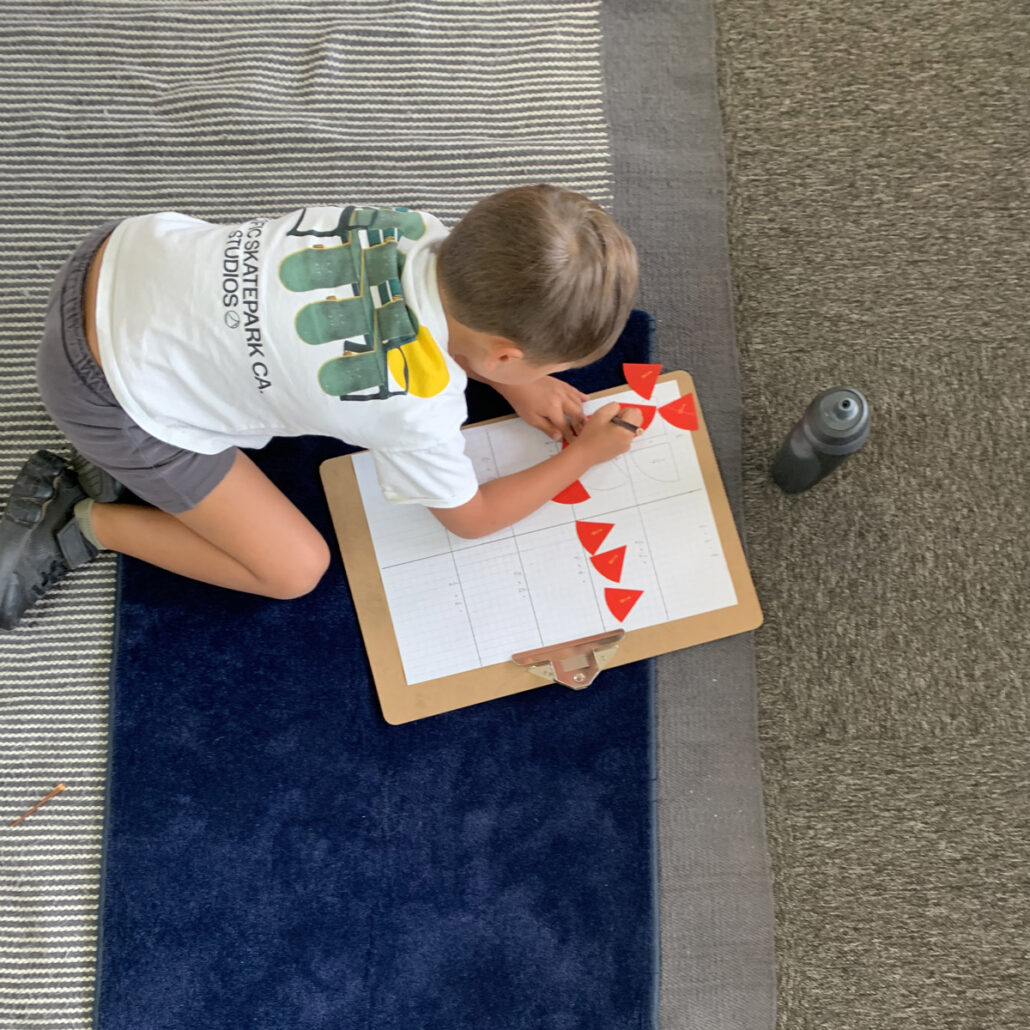
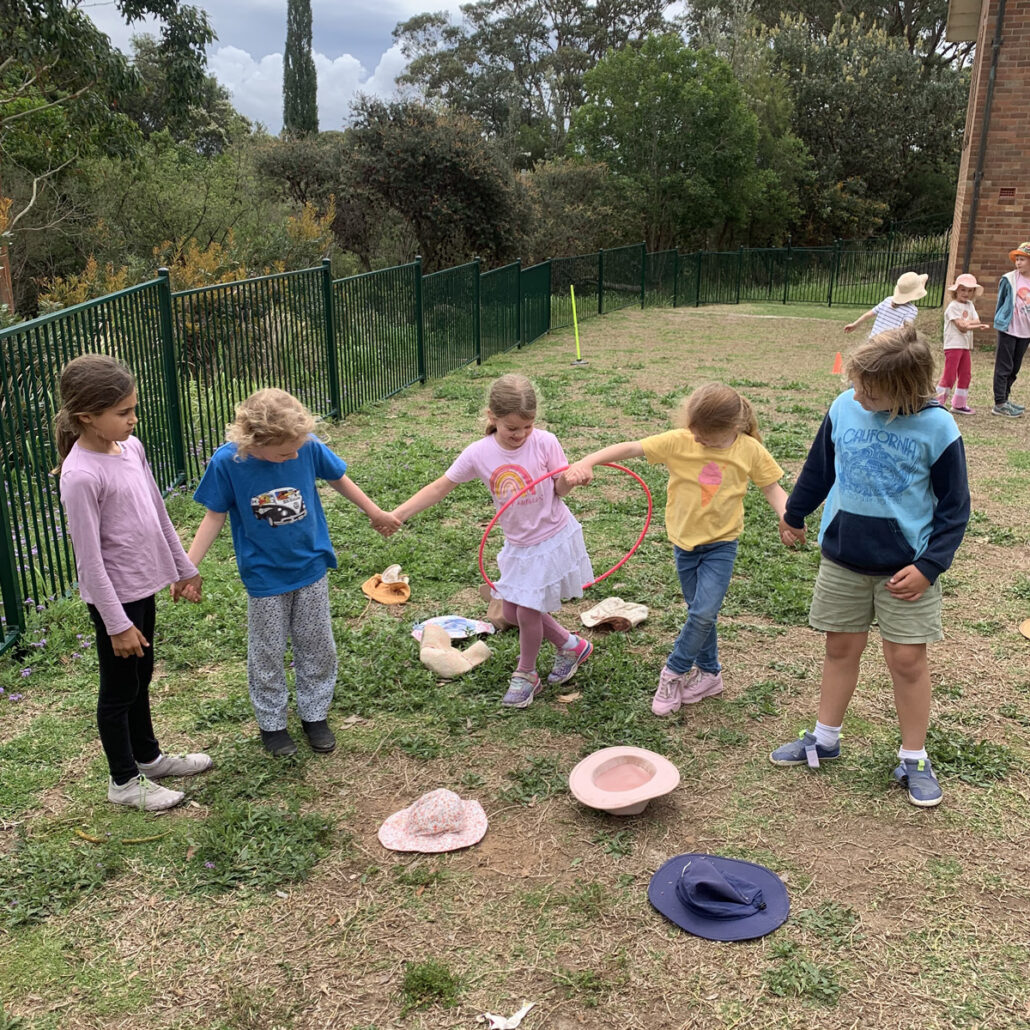
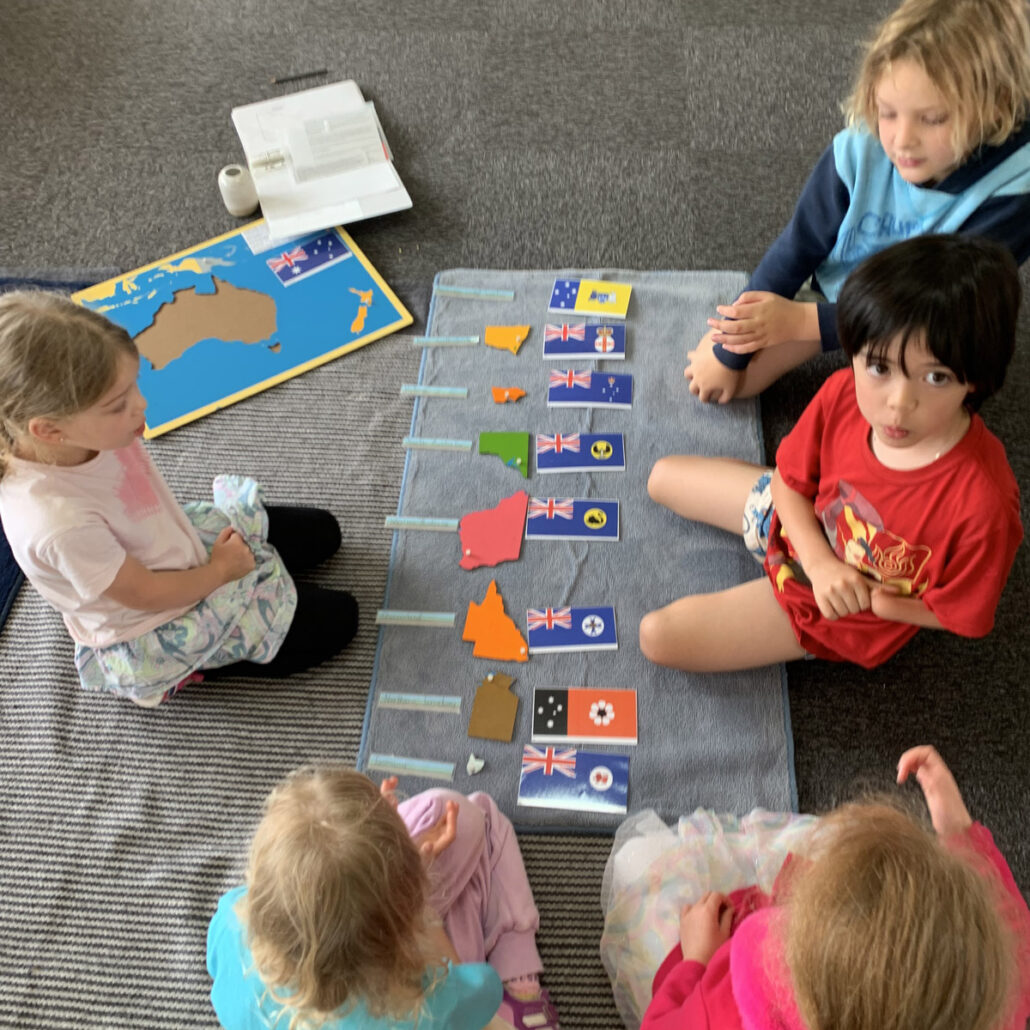
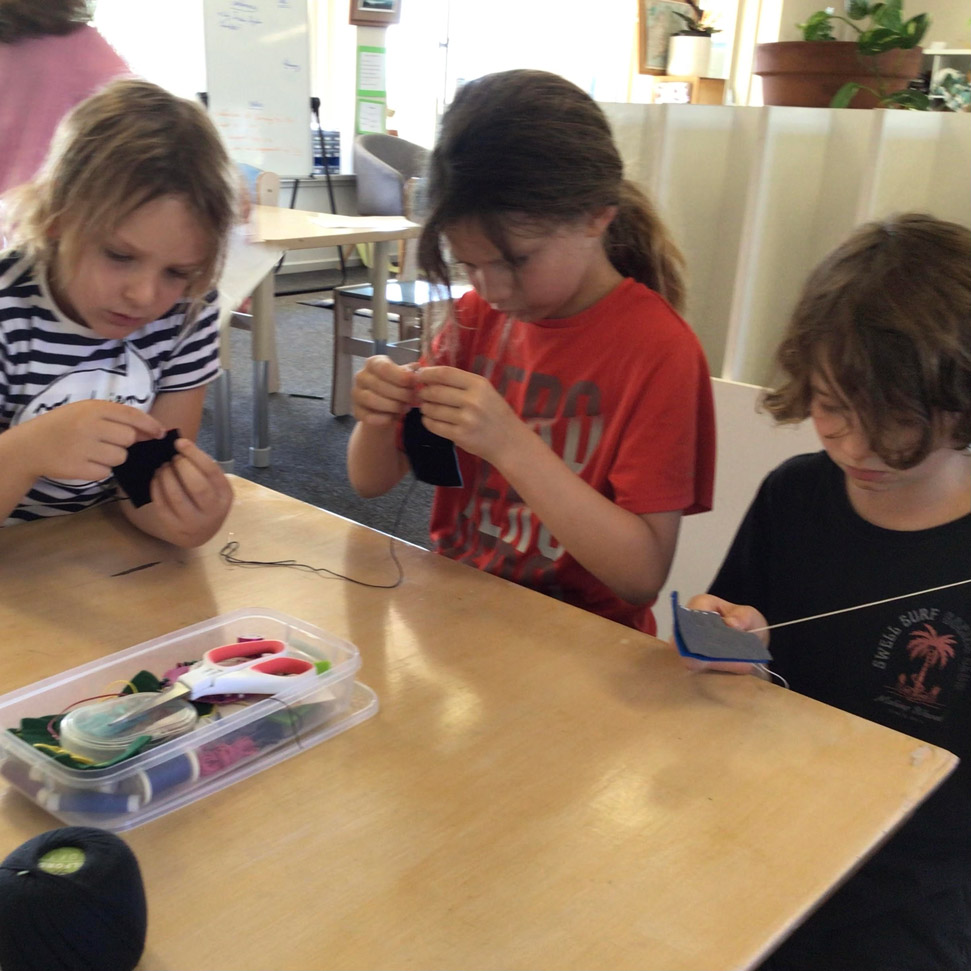
YANI | Stage 3
Our ongoing surfing lessons have been a highlight for the children, as they continue to grow in confidence and skill in the ocean. It’s been amazing to see their excitement as they venture deeper into the sea, mastering balance on their boards and learning about ocean safety. The smiles and cheers when they catch a wave are truly infectious! Beyond the fun, these lessons are fostering resilience and a deeper connection with the natural world.
Science has been alive and exciting in Yani this term, with students diving into different hands-on experiments. One recent activity involved exploring viscosity, where the children compared how quickly different liquids flow, sparking curiosity about what makes some substances thicker than others. They also examined liquid density, layering various liquids to observe how they settle in fascinating almost Lava Lamp-like patterns. These experiments have encouraged critical thinking and given the children a deeper appreciation for the properties of everyday materials.
Our Peer Support program continues to be a resounding success, bringing the Yani and Aikya classrooms together through cooperative games and activities. This initiative is a wonderful opportunity for Yani students to develop leadership and communication skills while building meaningful connections with younger peers. The children have shown great enthusiasm, demonstrating patience, teamwork, and creativity. It has been lovely to see the bonds forming and the joy shared during these collaborative sessions.
—Laura, Thomas, Ella & Amy Louise.
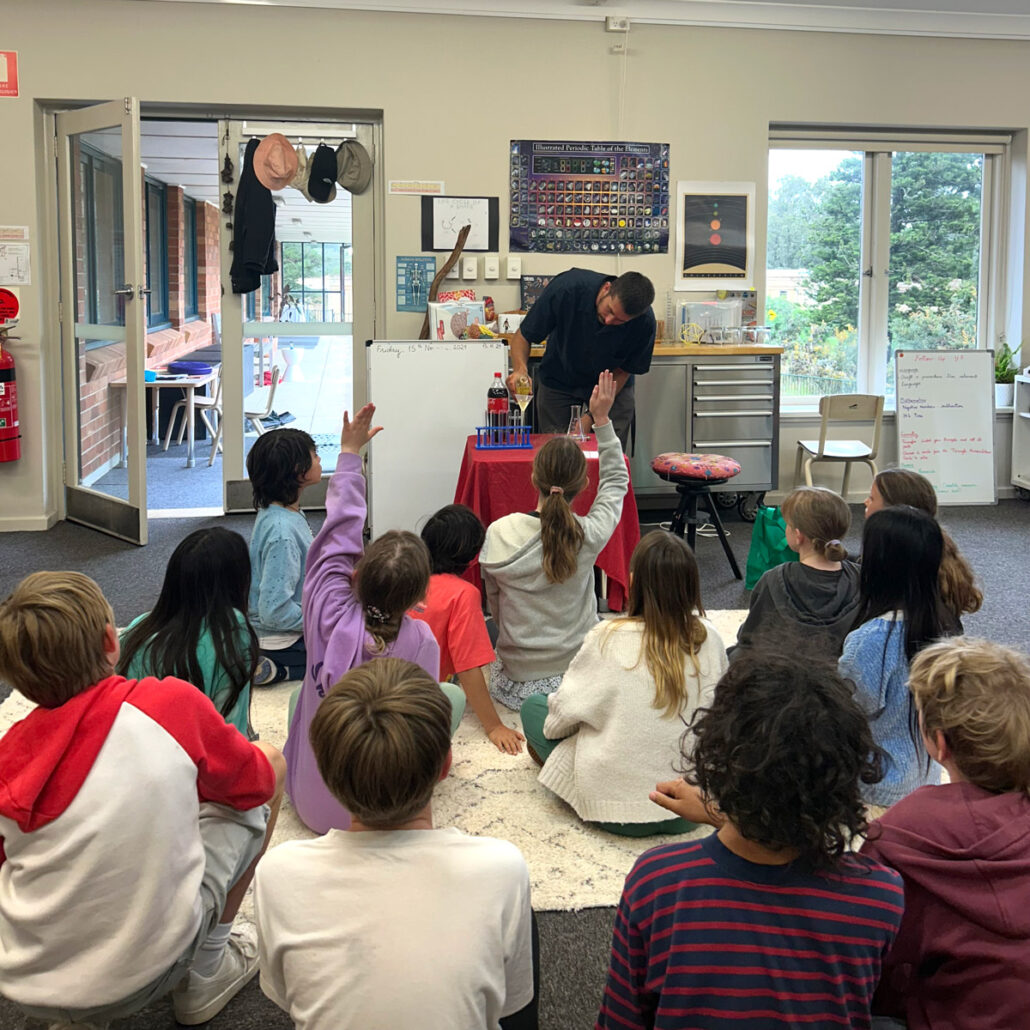
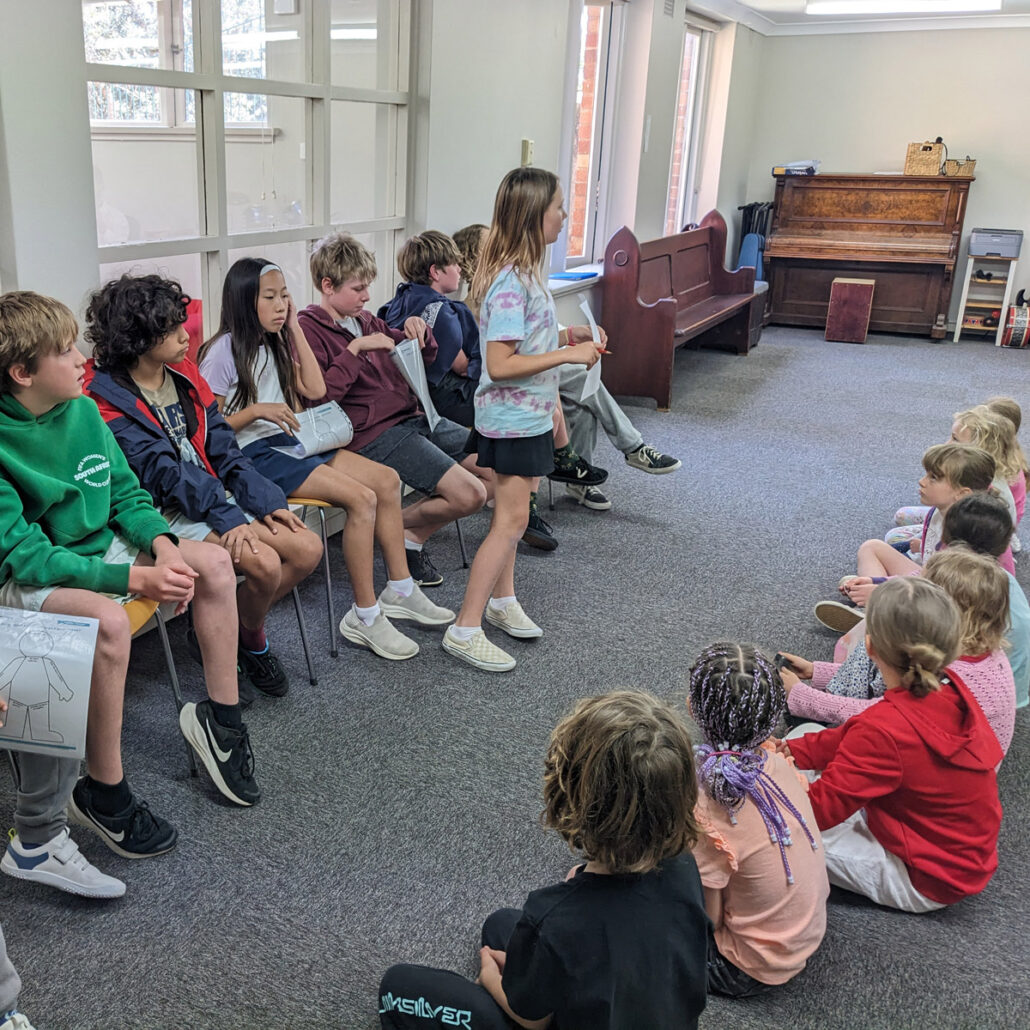
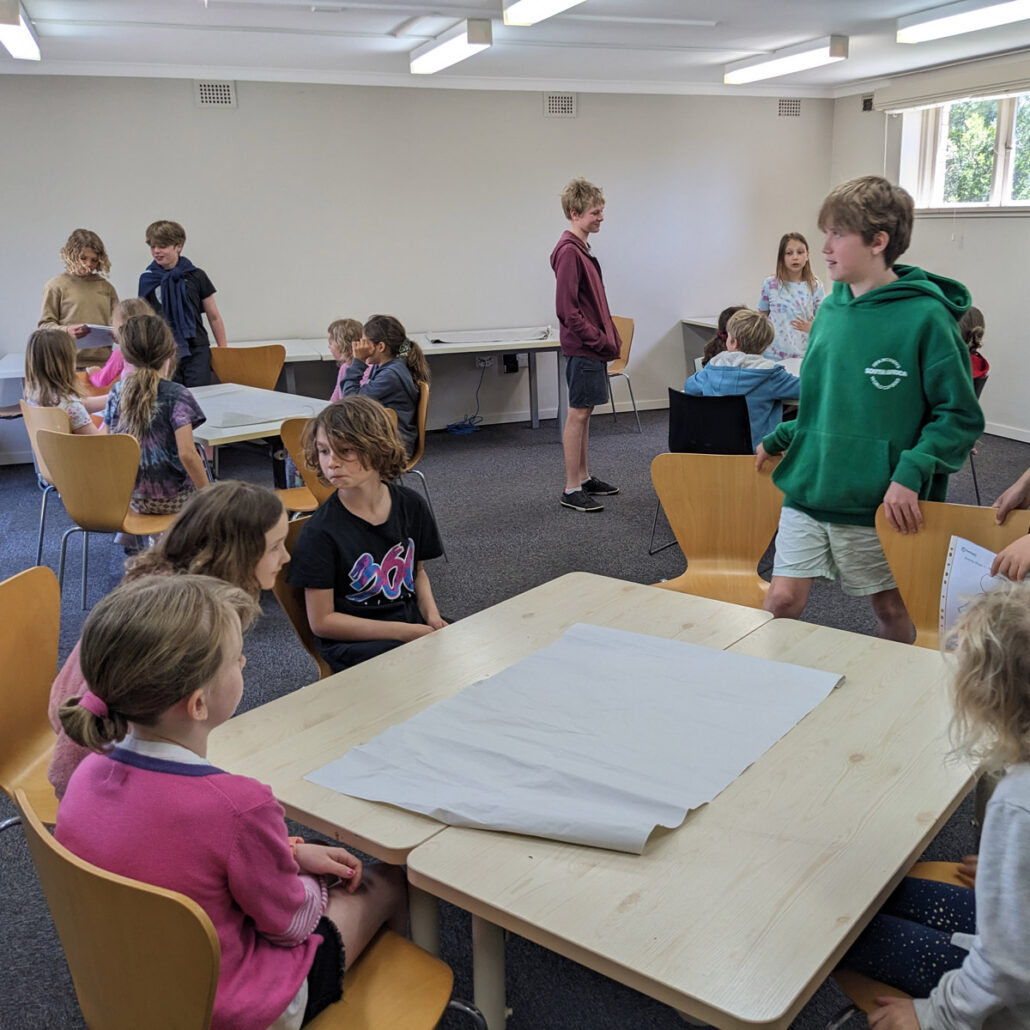
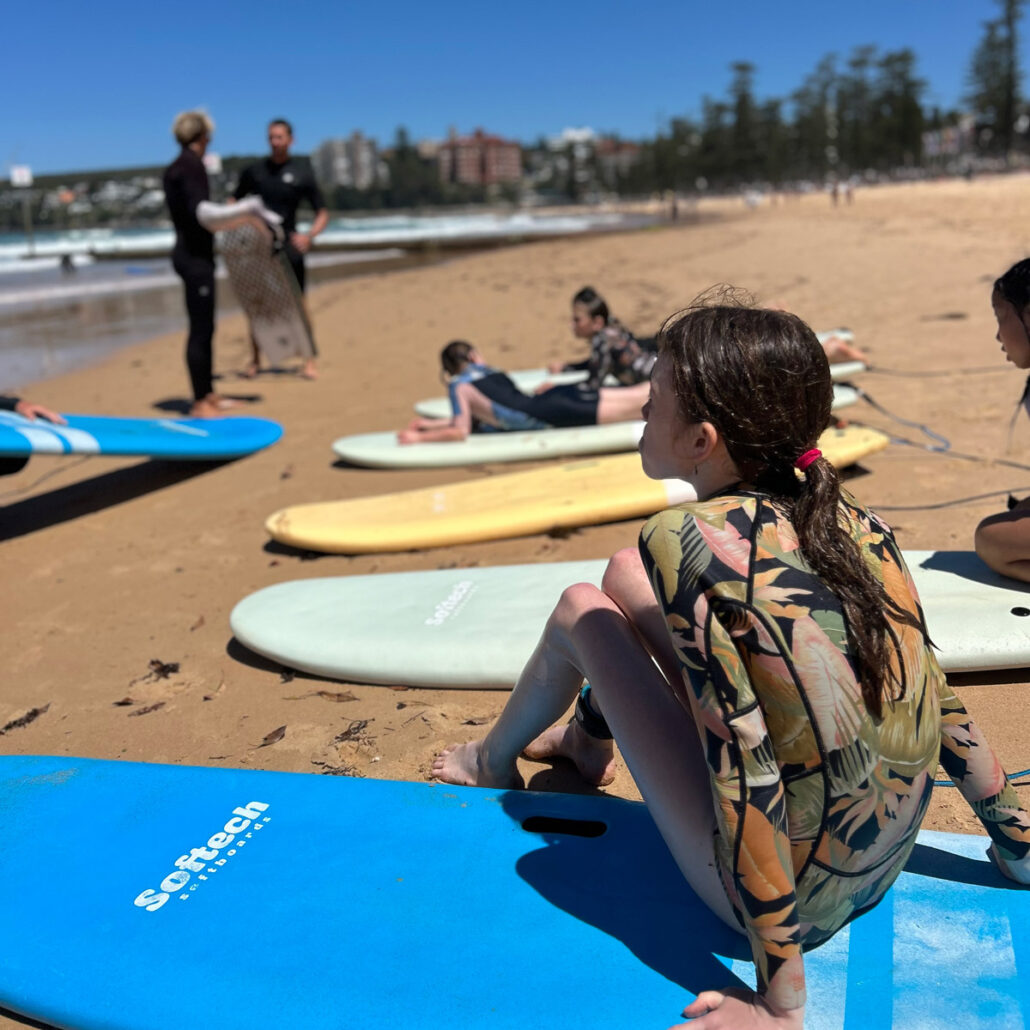
You may also like
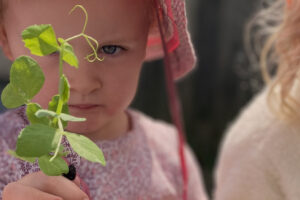
2024 Newsletter Term 04 | Issue 02
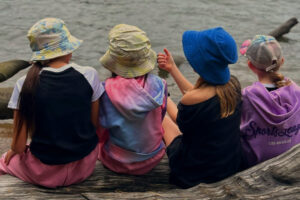
2024 Newsletter Term 04 | Issue 01
